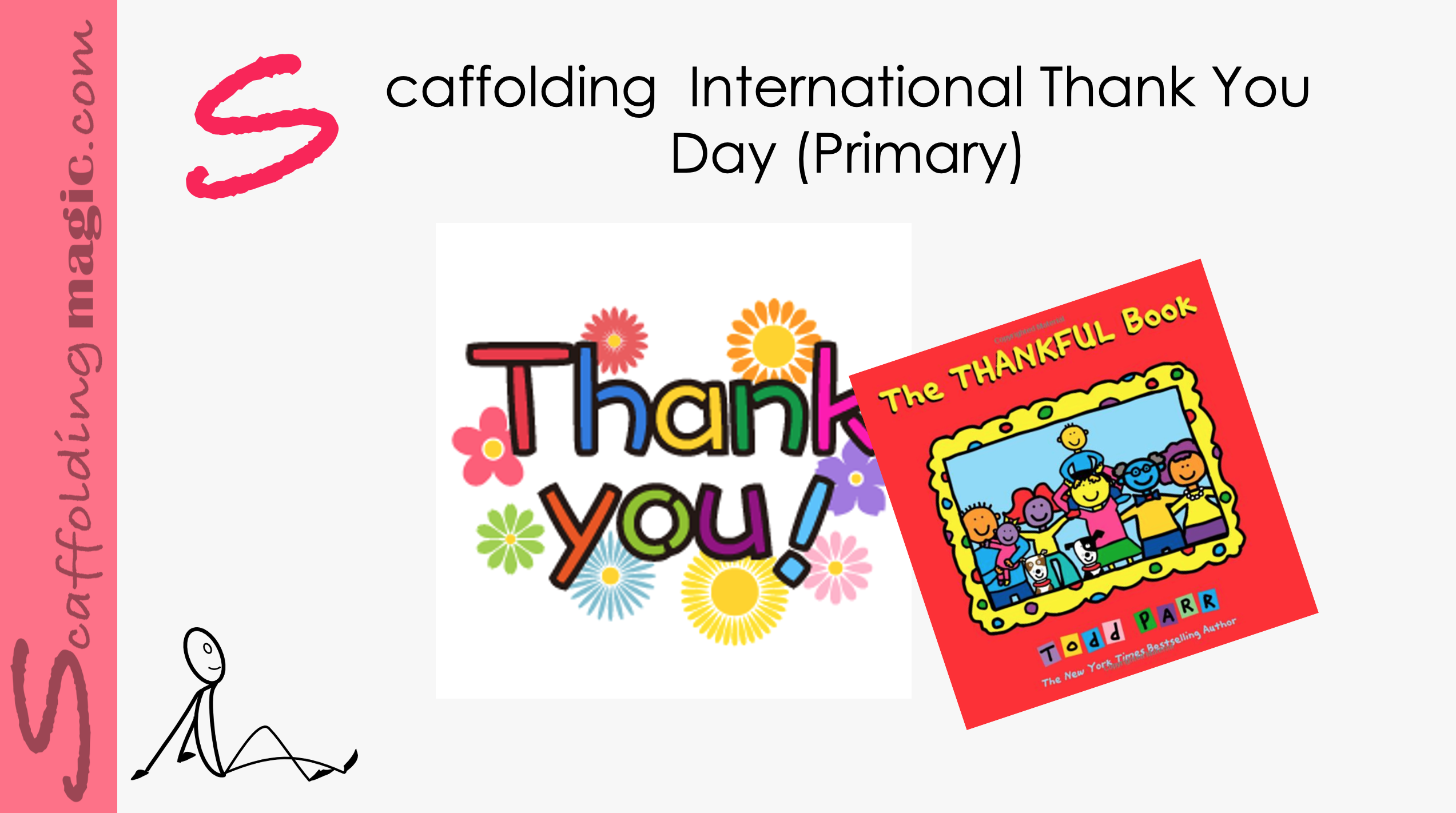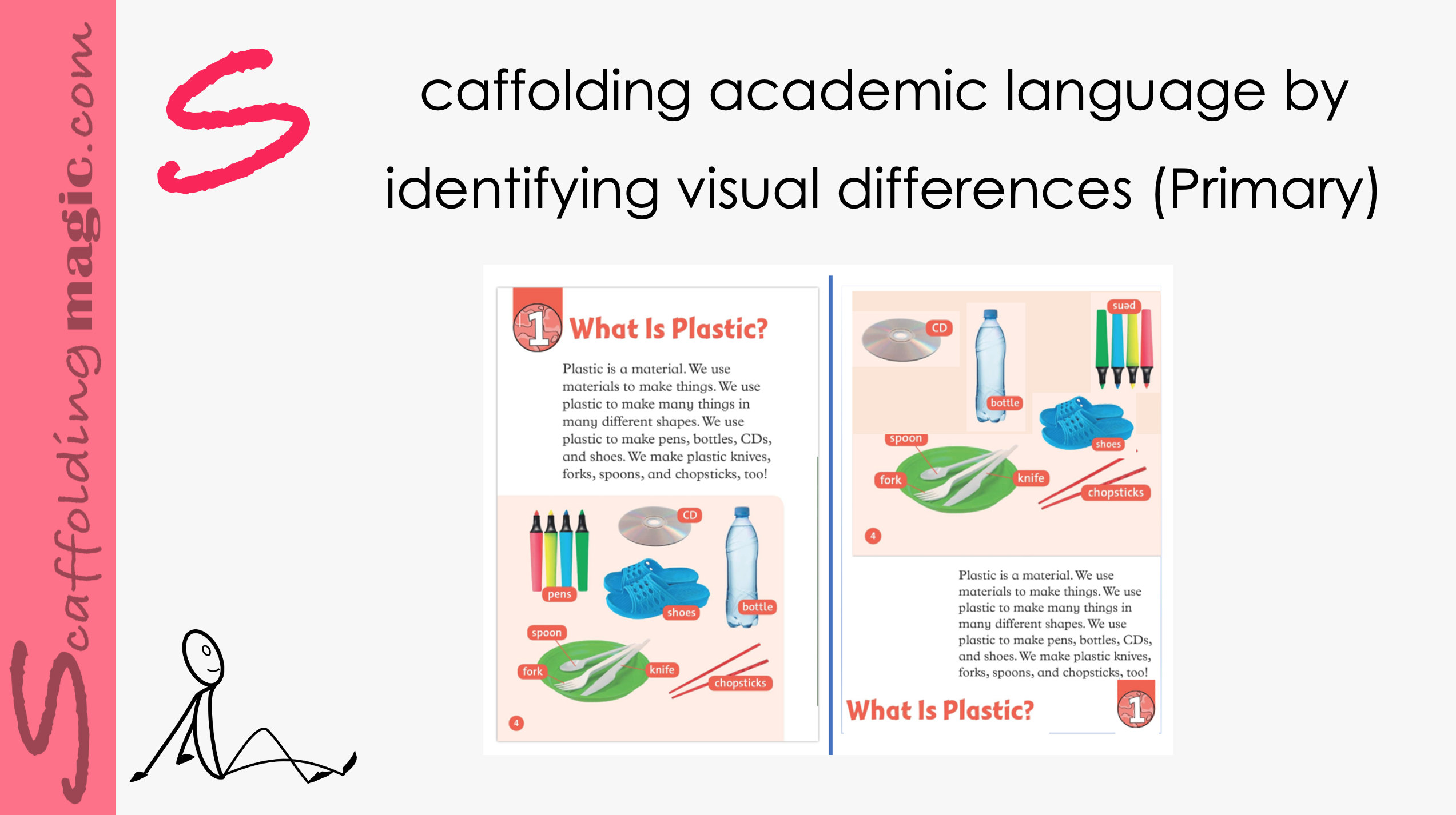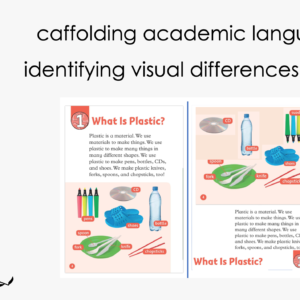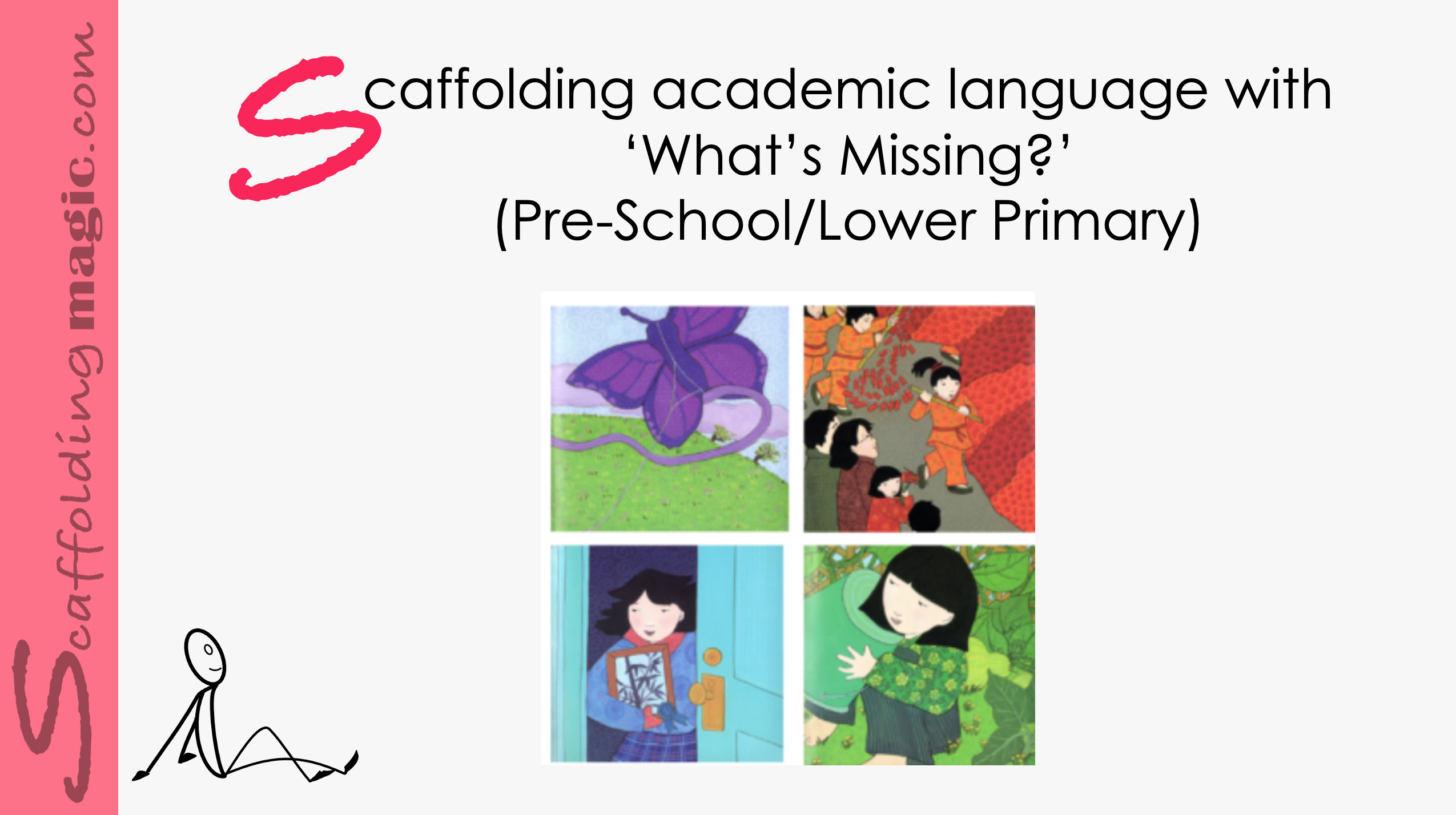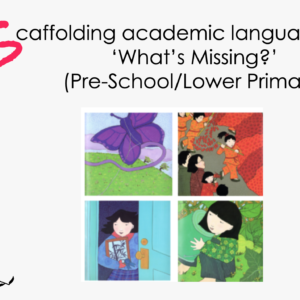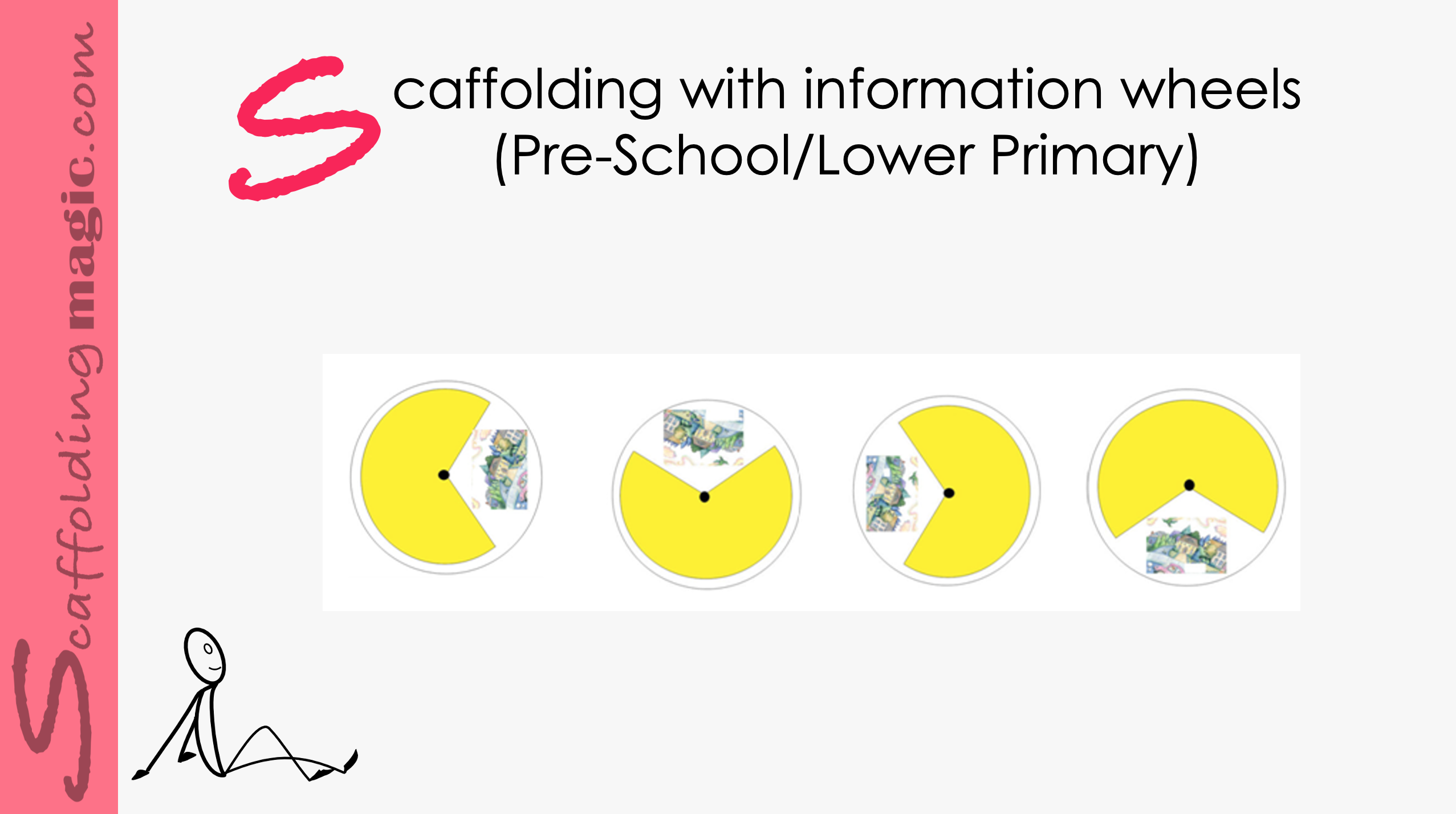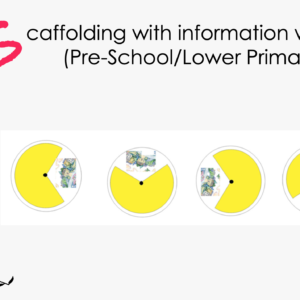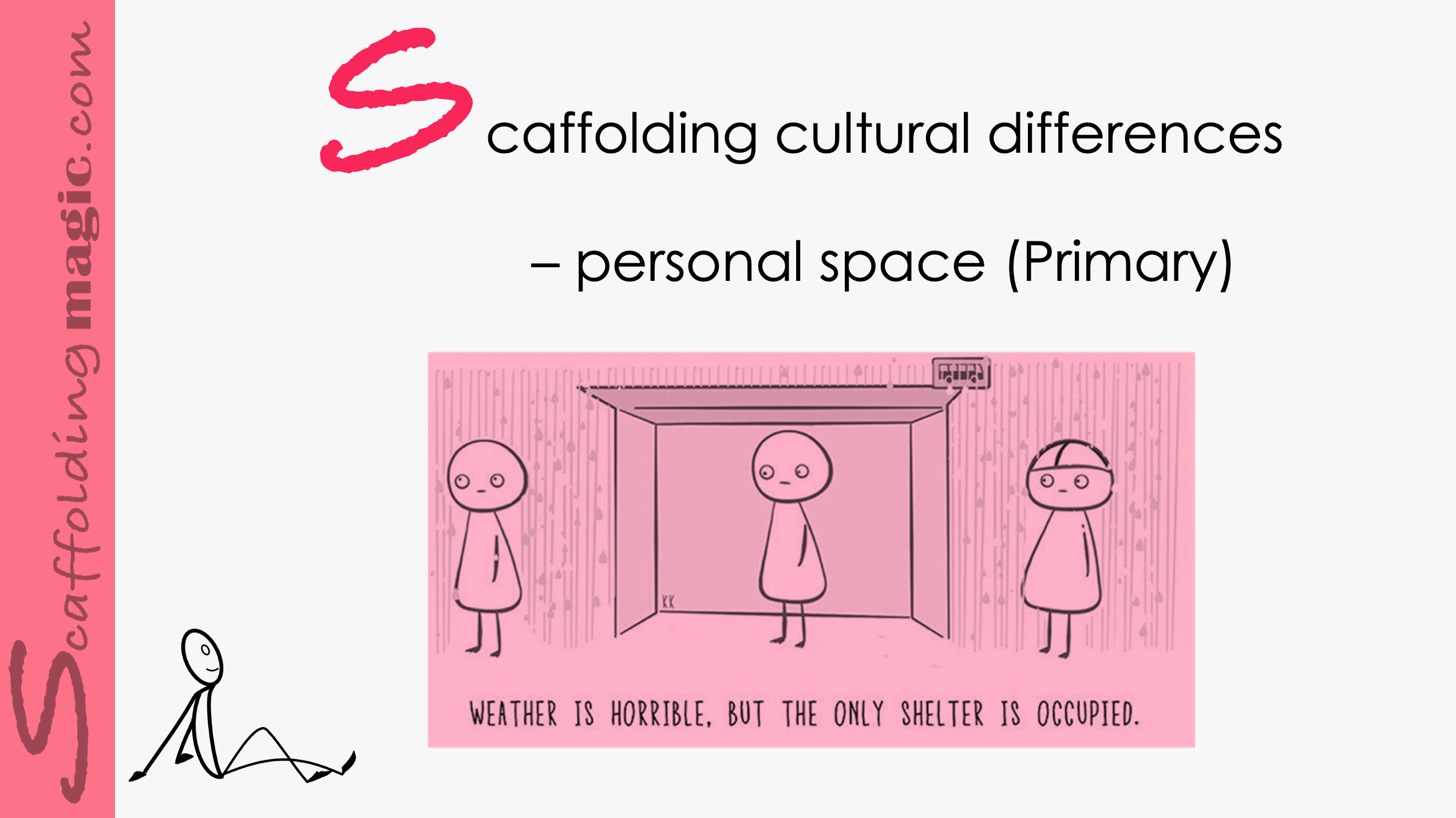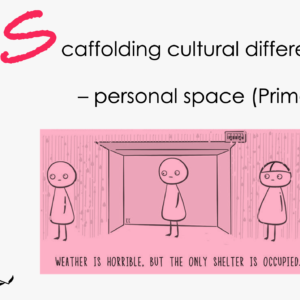The International Thank You Day – celebrated by many on January 11th, others on June 11th – is a wonderful opportunity to help our students to focus on gratitude and add to positive forces in the world. Including gratitude in the educational environments is proven to improve relationships both in and outside of the classroom. Stressing affective factors in our lessons aligns us Vygotsky’s assertion (1978) that our students are more likely to step outside their comfort zone (ZPD) when they feel that they are supported and nurtured.
Scaffolding International Thank You Day (Primary)
$5.00
The International Thank You Day – celebrated by many on January 11th, others on June 11th – is a wonderful opportunity to help our students to focus on gratitude and add to positive forces in the world. Including gratitude in the educational environments is proven to improve relationships both in and outside of the classroom. Stressing affective factors in our lessons aligns us Vygotsky’s assertion (1978) that our students are more likely to step outside their comfort zone (ZPD) when they feel that they are supported and nurtured.
Related products
-
Primary ScaffoldsQuick View
Scaffolding Academic Language by Identifying Visual Differences (Primary)
$5.00 Add to cartRated 0 out of 5 -
Primary ScaffoldsQuick View
Scaffolding Academic Language with ‘What’s Missing?’ (Pre-School/Lower Primary)
$5.00 Add to cartRated 0 out of 5 -
Primary ScaffoldsQuick View
Scaffolding with Information Wheels (Pre-school/lower primary)
$5.00 Add to cartRated 0 out of 5 -
Primary ScaffoldsQuick View
Scaffolding Cultural Differences – Personal Space (Primary)
$5.00 Add to cartRated 0 out of 5
Scaffolding Academic Language by Identifying Visual Differences (Primary)
Studies show that while memorising academic language is effective in the short term – to pass exams, for instance, in the long-term it is an ineffective way of learning terms that students can use in context*. Without having analysed, compared, categorised, and defended their own ideas through the use of these terms, most students will forget their meanings as quickly as they learned them.
What can we do? The solution is easy. We create opportunities for our students to analyse, compare, categorise, and defend their own ideas through the use of these terms.
Scaffolding Academic Language with ‘What’s Missing?’ (Pre-School/Lower Primary)
Academic language is so important that experts assert that the warehouse of words a person has stored away is directly connected to their quality of thinking: higher quality of words equals higher quality of thinking.** In this age of the Fourth Industrial Revolution, the quality of thinking our students reach in our classes, will be the difference between being qualified for jobs that technology is (still) not capable of performing, and watching the world from the sidelines.
This applies even to our youngest learners. We can help them to assimilate academic language even before they begin to read. If we verbalise first-, second- and third-tier words,*** through dynamic activities, we are helping them to become familiar with academic language that will serve them for the rest of their academic and professional lives.
Academic language is so important that experts assert that the warehouse of words a person has stored away is directly connected to their quality of thinking: higher quality of words equals higher quality of thinking.** In this age of the Fourth Industrial Revolution, the quality of thinking our students reach in our classes, will be the difference between being qualified for jobs that technology is (still) not capable of performing, and watching the world from the sidelines.
This applies even to our youngest learners. We can help them to assimilate academic language even before they begin to read. If we verbalise first-, second- and third-tier words,*** through dynamic activities, we are helping them to become familiar with academic language that will serve them for the rest of their academic and professional lives.
Scaffolding with Information Wheels (Pre-school/lower primary)
Using information wheels in lessons is a wonderful way of giving our students the opportunity to learn through, among other learning styles, kinesthetic interaction. They’ll be pulling from past knowledge, using deductive reasoning, negotiating meaning, and learning new subject matter, all at the same time. Studies show that learning is enhanced when students acquire knowledge through active processes that engage them. Literacy is a combination of recognising and matching oral and written language. The most effective ways of promoting literacy is to make vocabulary visible and to create high encounters with these words for your students – in interactive ways. Using wheels to scaffold vocabulary before you read a story can help. Below you’ll see how you can help your students to match words with images with an information wheel. information wheel.
Using information wheels in lessons is a wonderful way of giving our students the opportunity to learn through, among other learning styles, kinesthetic interaction. They’ll be pulling from past knowledge, using deductive reasoning, negotiating meaning, and learning new subject matter, all at the same time. Studies showthat learning is enhanced when students acquire knowledge through active processes that engage them. Literacy is a combination of recognising and matching oral and written language. The most effective ways of promoting literacy is to make vocabulary visible and to create high encounters with these words for your students – in interactive ways. Using wheels to scaffold vocabulary before you read a story can help. Below you’ll see how you can help your students to match words with images with an information wheel. information wheel.
Scaffolding Cultural Differences – Personal Space (Primary)
Cultural differences extend far beyond language, greetings, gestures, dress and beliefs. The very space we create when we meet people – or the absence of that space – is indicative of where we come from and what our understanding is of the (dis)comfort level of those we are with.
This scaffold helps us see how we can honour physical space, amongst many other differences between cultures. It includes the affective side of learning – in developing more understanding and compassionate citizens of the world as our students travel across the planet physically and/or virtually.

